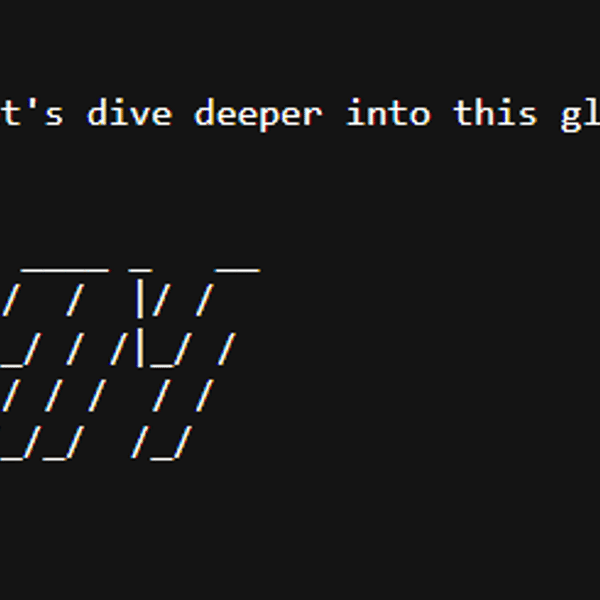What is Data and Gas in Ethereum

Have you ever wondered how transactions are processed on the Ethereum blockchain? Or what exactly is data and gas in the world of Ethereum? In this article, we will explore the fascinating concepts of data and gas in Ethereum and how they contribute to the operation of this popular blockchain platform.
In the world of blockchain technology, data is a fundamental concept that plays a crucial role in the functioning of various blockchain networks. Data refers to any piece of information that is stored on the blockchain, such as transactions, smart contracts, or any other type of digital asset. Data is what makes up the blocks on the blockchain, and it is the foundation upon which the entire network operates.
In the context of Ethereum, data is a key component that is stored within each block on the blockchain. This data can include various types of information, such as the details of a transaction, the code of a smart contract, or any other relevant data that needs to be recorded on the blockchain. Data is essential for ensuring the integrity and transparency of the Ethereum network, as it provides a verifiable record of all transactions and operations that have taken place on the blockchain.
Another important concept in Ethereum is gas, which is a unit of measurement that represents the amount of computational work required to execute a transaction or run a smart contract on the Ethereum network. Gas is used to ensure that the network remains secure and efficient by preventing users from executing operations that are too resource-intensive or malicious in nature.
When a user wants to perform a transaction or run a smart contract on the Ethereum network, they must pay a certain amount of gas to compensate the miners who validate and process the transaction. The higher the complexity of the operation, the more gas is required to execute it. This mechanism helps to prioritize transactions and prevent the network from becoming clogged with operations that are too demanding in terms of computational resources.
In summary, data and gas are two essential concepts in the world of Ethereum that play a crucial role in the operation and security of the network. Data represents the information that is stored on the blockchain, while gas is used to measure the computational work required to execute transactions and smart contracts. By understanding these concepts, users can gain a deeper insight into how Ethereum functions and how they can interact with the network in a secure and efficient manner.
In conclusion, data and gas are foundational concepts in the world of Ethereum that are essential for ensuring the integrity and efficiency of the network. By learning more about these concepts, users can enhance their understanding of how Ethereum operates and how they can make the most of this innovative blockchain platform.
Related articles
Latest articles
See more



















